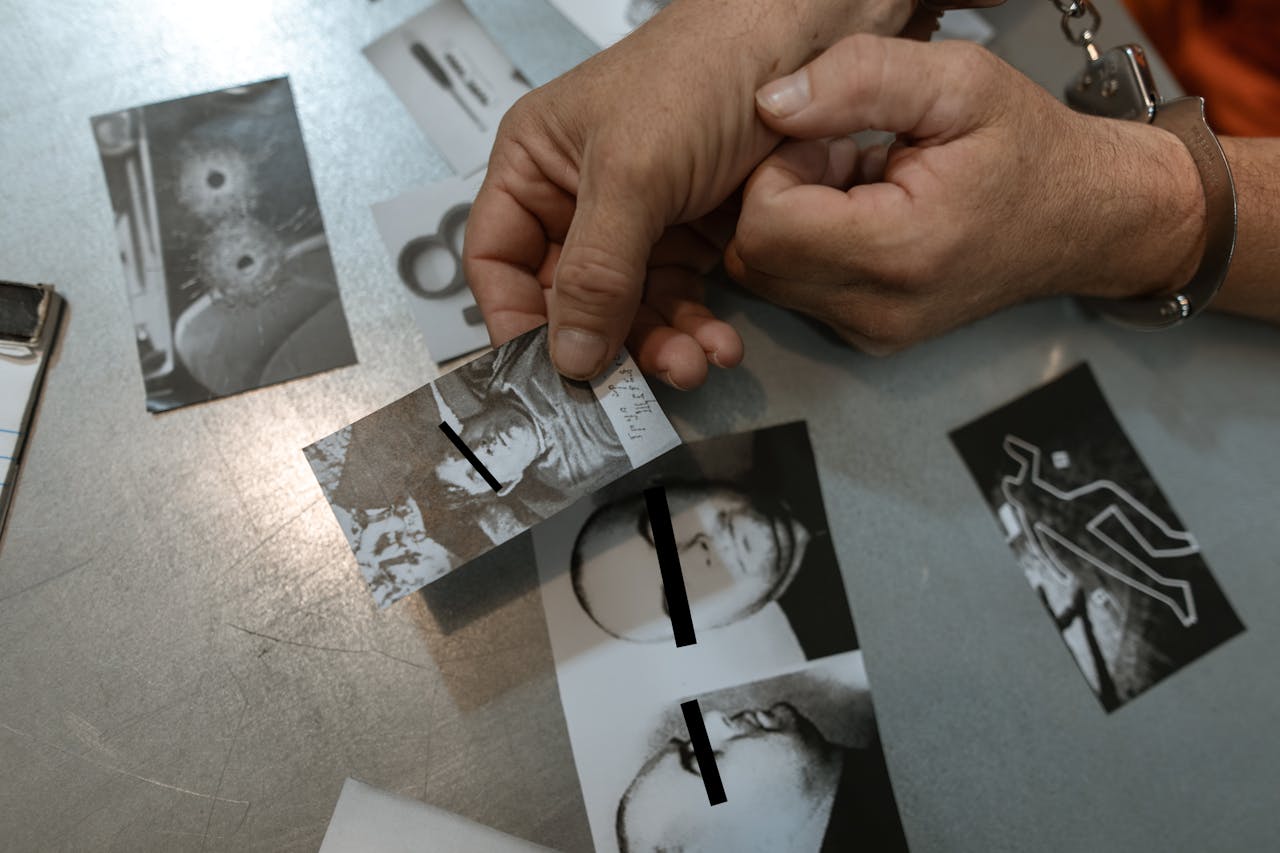A common belief is that financial fraud cases “go nowhere.”
This is false.
With a properly built case file, criminal and regulatory action is possible.
1. Conditions for Initiating Legal Action
Law enforcement and regulatory bodies require:
- Proof of intent and deception
- Verified financial transfers
- A consistent narrative supported by documented evidence
Once these elements are aligned, the case becomes actionable.
2. International Jurisdictions
Fraud platforms often operate across different countries, but:
- Payment processors,
- Correspondent banks,
- Communication platforms,
- Device identifiers,
all create traceable links to real individuals and entities.
Cryptocurrency transactions can also be traced when properly analyzed.
3. Submitting the Case
Well-prepared submissions may go to:
- National financial regulators
- The acquiring bank or merchant processor that handled payments
- Anti-money-laundering (AML) reporting centers
- Law enforcement agencies
Poorly prepared submissions are often ignored.
Structured submissions are not.
4. Possible Outcomes
Depending on the case:
- Accounts can be frozen
- Platforms can be restricted or taken offline
- Criminal proceedings can be opened
- Partial or full recovery may be possible


